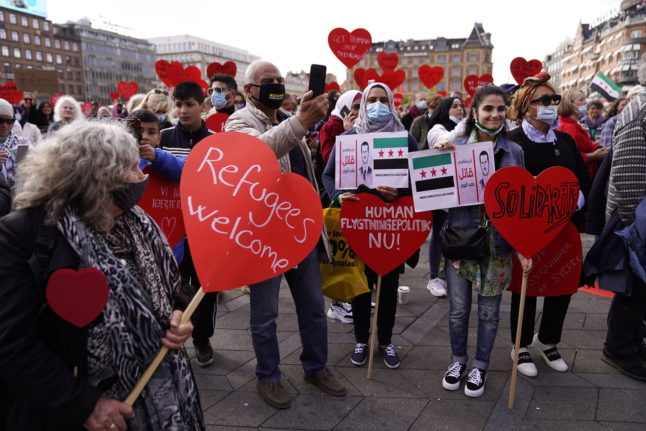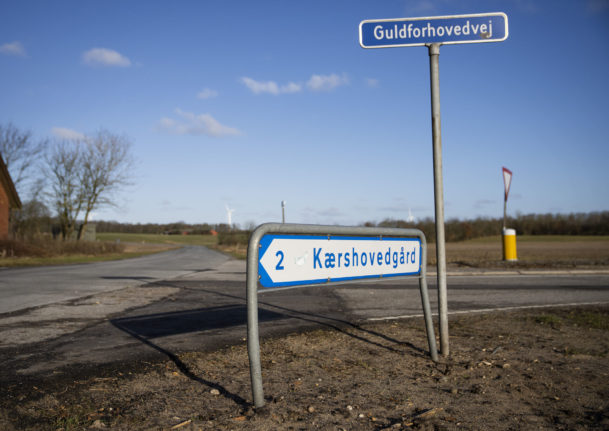Syrian refugees whose residency in Denmark is revoked because it is deemed safe for them to return to the Damascus area are still at risk of persecution and attacks if they travel home, according to critics of Danish Immigration Service rulings on asylum cases.
Decisions made by the Danish Immigration Service (Udlændingestyrelsen) appear in some cases to be at odds with the immigration authorities’ own report on the security situation in the Middle Eastern country, according to a report by public service broadcaster DR.
The Danish Immigration Service in May released a report detailing the risks that former refugees returning to Syria face — “authorities who continue to arrest, detain, interrogate, torture, extort and kill Syrian refugees,” DR writes.
An EU report published in September and reviewed by the Immigration Service likewise concludes that repatriated Syrians are subjected to interrogation, arrests, rape and torture.
Denmark’s government maintains that the situation in Syria and especially around Damascus has improved enough for refugees to be sent home in some cases.
The Danish Refugee Council, a nonprofit advocacy and humanitarian group, argues that immigration authorities are not sufficiently taking the reports into account in deciding whether to renew Syrian refugees’ residence permits.
The Immigration Service told DR that its report is used as background information when cases are processed.
The Refugee Appeals Board (Flygtningenævnet) — the part of the Danish Immigration Service that serves as its appeal body — told DR it routinely refers to the report in its decisions.
The Refugee Appeals Board has reversed Immigration Service’s decision to remove Syrian refugees in 49 out of 70 cases that have surfaced between May and September, DR writes.
READ ALSO: Denmark reverses residence decisions for hundreds of Syrian refugees
“This means that 21 cases at the Refugee Appeals Board will not be overturned despite the report of the Danish Immigration Service and the report from the EU,” Eva Singer, head of asylum at the Danish Refugee Council, told DR.
“This corresponds to 30 percent of the cases, and these are refugees who may also be at risk if they are sent back to Syria. We cannot see how they differ from the others. As such, the practice at the Refugee Appeals Board is not clear,” she said.
The Refugee Appeals Board told DR that approval of some appeals and rejection of others “is not an expression of unclear practice”.
“In all cases, the Refugee Appeals Board conducts a concrete and individual assessment,” to assess whether the applicant “risks persecution or abuse,” it said.
“General conditions” in Damascus and the surrounding region are not considered in isolation to be cause for granting or extending asylum, it said.
Denmark and Hungary are the only EU countries which currently deem it safe to return Syrian refugees.
Since Denmark doesn’t have a repatriation agreement with Syria, refugees whose status is revoked are frequently moved indefinitely to detention facilities termed ‘deportation centres’, where conditions have been strongly criticised.
READ MORE: Danish agency sent letters about deportation to refugee children



 Please whitelist us to continue reading.
Please whitelist us to continue reading.
Member comments